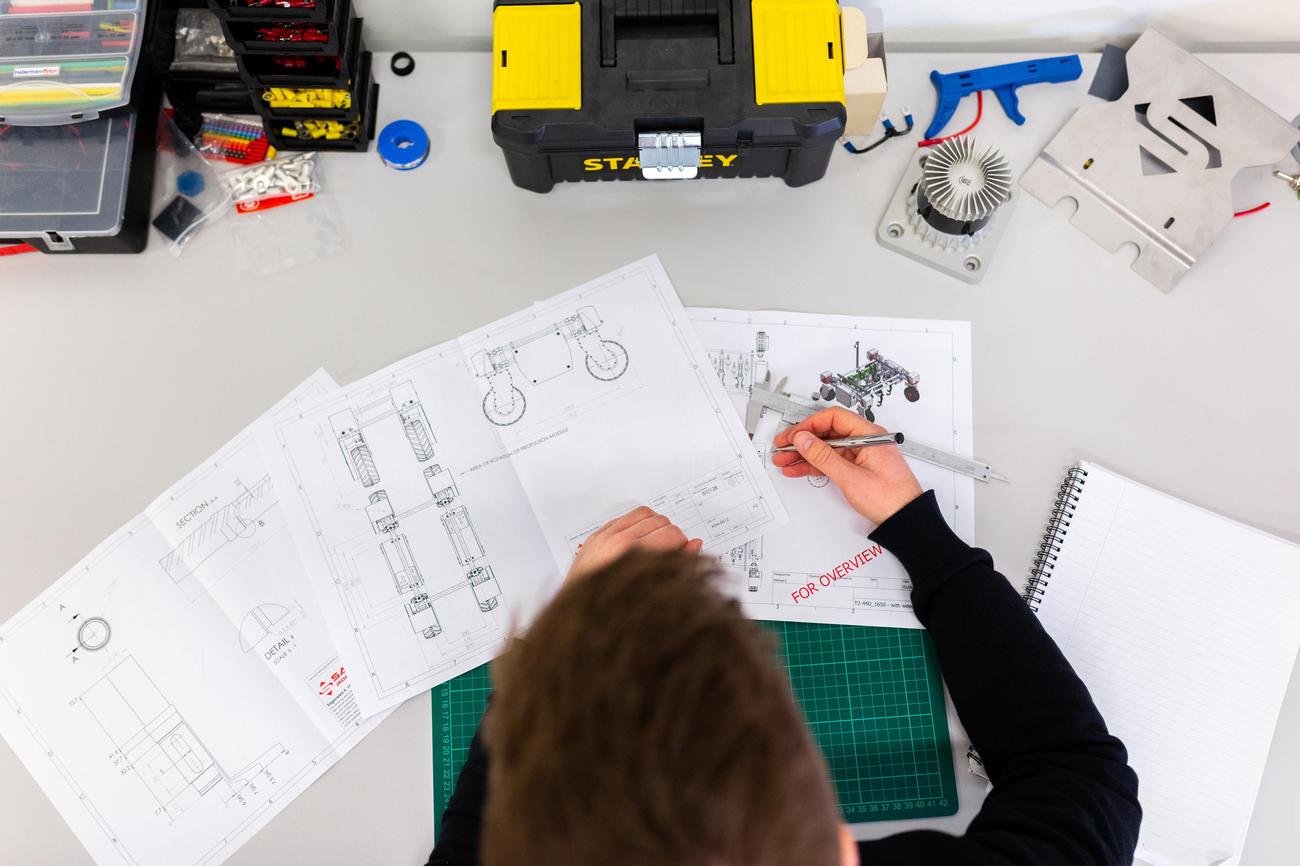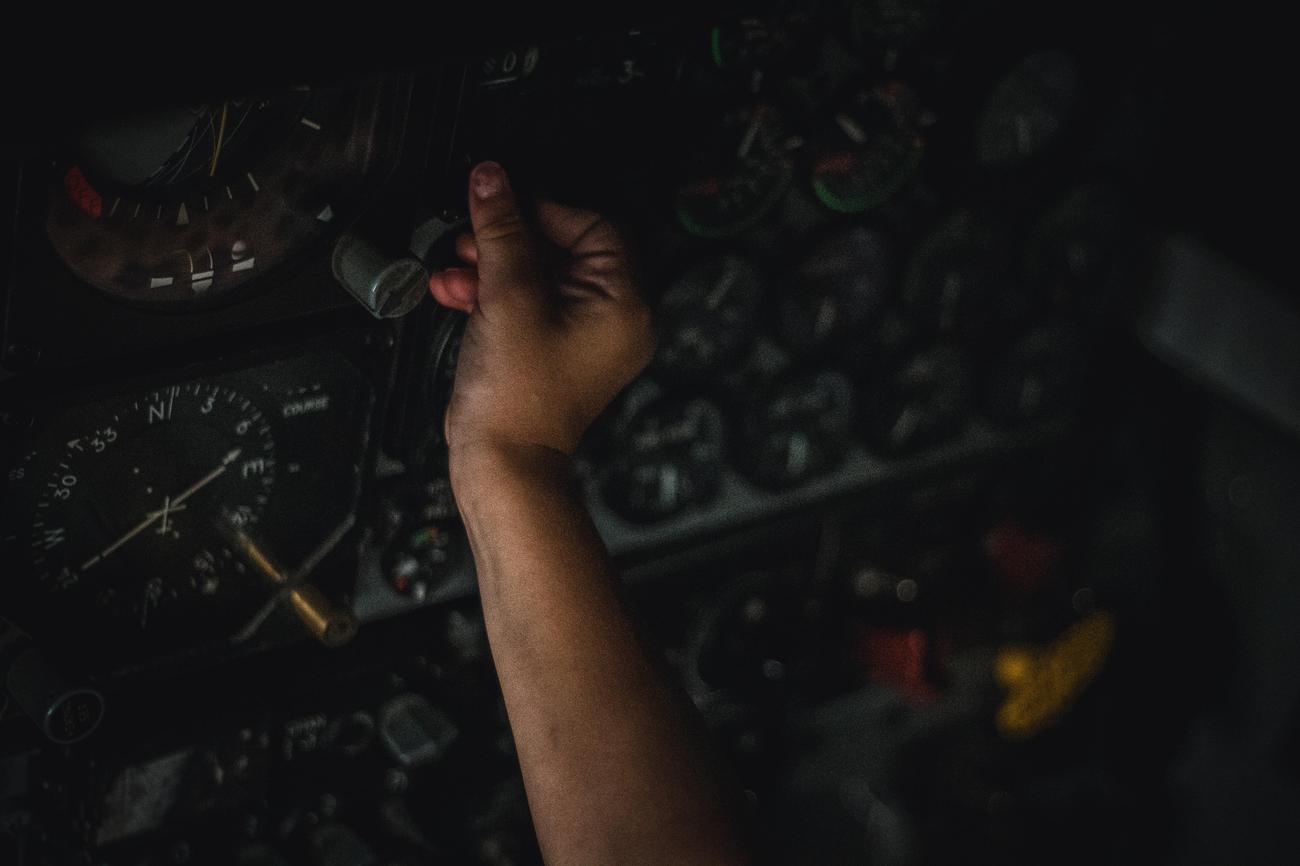Are you curious about the crucial role that veterinary technicians play in the field of animal healthcare? If so, you’ve come to the right place. In this article, we will explore the vital duties and responsibilities that veterinary technicians undertake on a daily basis. From assisting with medical procedures to managing medical records and administering medications, these skilled professionals are an essential part of any veterinary team. So, let’s delve into the fascinating world of veterinary technician job duties and discover the invaluable contributions they make to ensure the health and well-being of our beloved furry friends.

Veterinary Technician Job Duties
As a veterinary technician, your role in animal healthcare is vital. You’re the backbone of a veterinary practice, assisting veterinarians in their daily tasks and providing compassionate care to animals. Let’s explore the important duties and responsibilities that come with being a veterinary technician.
Triaging Patients and Gathering Vital Information
When patients come into the clinic, it’s your responsibility to triage them and collect crucial information. You’ll be taking their vital signs, such as heart rate, respiratory rate, and temperature. Additionally, gathering their medical history is important for the veterinarian to make accurate diagnoses. This valuable information helps set the foundation for the animal’s treatment plan.
“By efficiently triaging patients and gathering vital information, veterinary technicians set the stage for effective care.”
Assisting with Diagnostic Procedures and Treatment Plans
Veterinary technicians play a crucial role in diagnostic procedures. You’ll assist in taking x-rays, performing ultrasounds, and collecting samples for lab analysis. This not only requires technical skills but also attention to detail to ensure accurate results. Additionally, you’ll discuss treatment plans, estimates, and payment options with clients, ensuring they are informed and comfortable with the path ahead.
“Veterinary technicians are instrumental in helping veterinarians make accurate diagnoses and develop effective treatment plans.”
Administering Medications and Monitoring Anesthesia
As a veterinary technician, you’ll be responsible for administering medications to patients, both orally and intravenously. This requires precision and careful attention to dosages. Furthermore, you’ll monitor animals under anesthesia, ensuring their safety and well-being throughout the procedure. You’ll also be skilled in operating and monitoring ventilators and managing fluid therapy for patients.
“With expertise in medication administration and anesthesia monitoring, veterinary technicians ensure the well-being of animals during medical procedures.”
Maintaining Supplies and Equipment
Keeping the clinic running smoothly is an important duty of a veterinary technician. This includes managing and organizing medical supplies, restocking as needed, and ensuring the availability of necessary equipment. You’ll also be responsible for operating autoclaves and sterilizers to ensure a sterile environment for surgeries and procedures.
“Veterinary technicians play a pivotal role in maintaining a well-equipped and organized clinic, ensuring the smooth flow of medical procedures.”
Providing Critical Care and Assistance to Veterinarians
One of the key responsibilities of a veterinary technician is providing critical care to animals. This includes monitoring their condition before and after surgery, administering post-operative care, and addressing any immediate concerns that may arise. You’ll work closely with veterinarians, assisting them in medical procedures and surgeries.
“Veterinary technicians are a reliable source of critical care for animals and a valuable support system for veterinarians.”
Technical Skills and Animal Affinity
To excel as a veterinary technician, you’ll need a combination of technical skills and a genuine love for animals. Your technical skills will include obtaining and recording patient histories and vital signs accurately. You’ll also conduct laboratory tests and studies, operate imaging equipment, and plan animals’ nutritional needs. Additionally, your compassionate and caring attitude towards animals will shine through as you provide the best possible care.
“Veterinary technicians bring a unique combination of technical expertise and a compassionate heart to their role, ensuring the well-being of animals under their care.”
Teamwork and Multitasking Abilities
Working in a veterinary clinic requires exceptional people skills and the ability to multitask in a fast-paced environment. You’ll be communicating with clients, addressing their concerns, and keeping them informed about their pet’s condition. Simultaneously, you’ll be assisting veterinarians, managing medical records, and ensuring the smooth flow of clinic operations. Being a reliable and effective team player is crucial in this role.
“Veterinary technicians are the glue that holds a veterinary practice together, utilizing excellent teamwork and multitasking abilities to provide exceptional care.”
In summary, veterinary technicians have a wide range of duties that contribute to the overall well-being of animals. From triaging patients and assisting with diagnostics to administering medications and providing critical care, veterinary technicians are an indispensable part of the healthcare team. With their technical skills, compassion for animals, and ability to work effectively as part of a team, they ensure the best possible care for our furry friends.
Here’s an example of an active internal link using Hugo syntax:
“Did you know that Veterinary Technicians play a crucial role in the health and well-being of animals? If you’re curious to learn more about these amazing professionals, check out our list of 10 Interesting Facts About Veterinary Technicians. From their extensive knowledge of animal anatomy to their ability to provide life-saving care, you’ll be amazed at what these skilled individuals can do. So click here to uncover the fascinating world of veterinary medicine and gain a whole new appreciation for the work of these unsung heroes.”
10 Interesting Facts About Veterinary Technicians

FAQ
Question 1: What are the main responsibilities of a veterinary technician?
Answer 1: Veterinary technicians have various responsibilities including triaging patients, acquiring patient history, assisting with diagnostic procedures, discussing treatment plans with clients, monitoring anesthesia and fluid therapy, operating autoclaves, and providing critical care to animals before and after surgery.
Question 2: What skills are important for a veterinary technician?
Answer 2: Veterinary technicians should have proven work experience in a similar role and a strong affinity for animals. They should possess outstanding people skills and the ability to multitask in a dynamic environment. Technical skills in veterinary medicine and surgery, including obtaining and recording patient histories and vital signs, are also important.
Question 3: What is the role of a veterinary technician in animal healthcare?
Answer 3: Veterinary technicians work under the guidance of veterinarians and assist in the treatment and diagnosis of illnesses or injuries in pets or livestock. They play a crucial role in assisting veterinarians with medical procedures and surgeries, as well as providing critical care to animals and ensuring their overall well-being.
Question 4: What are the job requirements for a veterinary technician?
Answer 4: Job requirements for a veterinary technician may include maintaining supplies and equipment, conducting examinations and interviews, completing laboratory tests and studies, performing lab analysis, operating imaging equipment, and planning for animals’ nutritional needs. The role also requires a compassionate and caring attitude towards animals and the ability to work effectively as part of a team.
Question 5: What is the importance of a veterinary technician in veterinary practices?
Answer 5: Veterinary technicians are crucial members of veterinary practices as they provide essential support to veterinarians. They assist with various tasks, such as acquiring patient history, conducting examinations, administering medications, and monitoring anesthesia, ensuring the smooth operation of daily tasks and the well-being of the animals under their care. Their expertise and skills contribute to the overall success of animal healthcare.
“`json
“`
















